|
THERE’S no denying the world is facing extremely difficult times right now. And no matter where you live, or what you do, it’s guaranteed to be impacting on you. Pure Beauty tracked down an expert in the mental health field to gather some hints and tips for how you can adapt to life as we currently know it – and to reassure you, you are not alone. 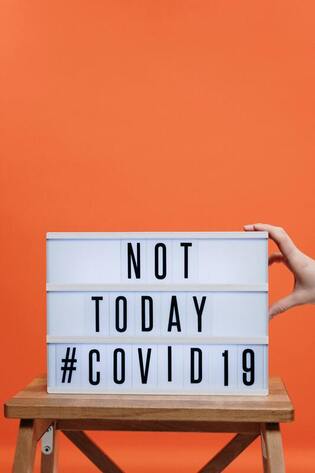 Photo by cottonbro from Pexels Photo by cottonbro from Pexels Hello lovely ladies! I hope you are all trying to stay safe in these difficult times. I just want to put a trigger warning on this blog. It will talk about COVID-19 (Coronavirus) that is gripping the country and some of the realities we may face. Before I go any further, I will briefly introduce myself. I am a social worker who has worked in the mental health field for the past four and a half years. I predominantly work with children and adolescents who have experienced significant trauma, are at risk of harming themselves or others and have compromised mental health. This work often involves working with not only the young person but also their system that includes parents, carers and other professionals. To protect myself and the families that I work with, I will remain anonymous and ask that if you do identify me, that you respect this privacy. Anyway, back to the purpose of this blog - the words that we have heard so much about lately: COVID-19. It’s consuming the television, social media and invading our homes with fear and anxiety. I don’t know about you but I am: A) Overloaded with information or misinformation B) Worried about the impacts that COVID-19 may have on my own wellbeing C) Wish there was something else on TV because I’m also sick of hearing about COVID-19 but not having any definitive answers. I know this has certainly impacted on my wellbeing by not being able to attend the gym, catch up with family and friends that don’t live in my household and had a huge strain on my mental health. I feel isolated, alone and have had a mixed range of emotions including sadness, anxiety, loneliness, uncertainty and boredom. I imagine that many of you might be feeling some of these feelings too. I expect that these will rise in the community the longer that the COVID-19 pandemic plays out. I guess this leads me to also think about the bigger picture where I suspect that the prevalence of mental health symptoms such as anxiety, suicidal ideation, obsessive behaviours, disordered eating, low and irritable moods will increase for many. There will be an increased exposure to family violence, potential loss of employment, neglect and trauma that could also amplify these symptoms. With that being said, I just want to clarify that this DOES NOT mean you will end up with a mental illness or a diagnosis. As much as I love Dr Google all of my googled symptoms correlate with an unfounded condition that has no medical grounding. Please seek out professional help if the symptoms persist. Having said this, I think it is so important to acknowledge that we are all in this together and it is so important that we look after ourselves (and no, this does not mean go stockpile 1000 bags of pasta, toilet paper and other perishable foods). This prompts me to think about a podcast I have recently listened to by Brene` Brown - Unlocking Us. She quotes that we must all experience a level of stress and vulnerability as this is what helps us learn and grow which is so true. If we don’t experience this, we only do things that we are already good at and we stop growing and in a sense stop “living”. Brene` talks about having a “Fucking First Time” (FFT) and in particular a FFT about a pandemic. We all have FFT’s daily but it is important to think about the steps: • Normalise it (acknowledge our feelings and feel them) • Put it into perspective (it is ok to feel a particular emotion) • Reality check expectations. For example: I feel lonely as I am living alone. I feel a deep unease in my tummy and feel tired and unmotivated (normalise it). I am normally a social person who is outgoing and busy. It feels weird that I cannot have physical contact with another person (put it into perspective). I know though that I am safe and to protect my safety I must stay in isolation. This does not mean I am alone as I can reach out to person a, b, c (reality checking expectations). Writing down our FFTs can be helpful once they have been identified. If you like podcasts I highly recommend the first episode. This leads me to think again about us. What are we meant to do in this time to help feel a sense of control, promote/uphold our social and emotional wellbeing and get through this isolation period? Here are some strategies that might be useful: • Check in with yourself. I cannot stress this enough. Recognise and acknowledge how you are feeling and think. It is okay to feel all kinds of emotions/feelings - there is no such thing and good/bad feeling. Notice where you might experience or not experience this in your body. Notice do I need help with this emotion/thought, who is my trusted person to lean on if I do need help and how can I communicate this that person/s? Sometimes verbalising this can be difficult so is there another way eg. Letter writing, having a visual mood chart in your home, keeping a journal, sending a picture, dancing it out, etc. • Check your own pulse before helping someone else. You are unfortunately not going to be helpful if you are feeling out of control yourself. Acknowledge this with the person; “I can see you are feeling overwhelmed at the moment. I am feeling this too.” Is there something you can do together to calm down? • Unplug from social media and limit your time spent listening or watching news related to COVID-19. • When you do need information get it from a reliable source such as: o The Department of Human Services o COVID-19 app o ABC Mildura Swan Hill (I love that they summarise the information clearly without having to listen to a full Parliamentary Speech). • Try to keep a routine as much as possible. Have regular wake and sleep times, regular meal breaks, regular check in with family and friends via the phone or video calling technology;, home exercise or a gentle walk or yoga. • If you are working from home have make sure you take regular breaks and have a designed workstation set up that you only visit during work hours. If you are like me, it may be tempting to push these hours, but it is important to not muddle our work routine into your home routine. • Ground yourself using the five senses: o What are five things that you can see. o Four things that you can touch. o Three things you can hear. o Two things you can smell. o One thing that you can taste. Other grounding techniques can be found online also via a Google search. • Engage in self-care multiple times per day: o Regular meditation. Apps such as Calm, Smiley Minds or Headspace can be helpful. YouTube also has many guided meditations that will calm and put you to sleep. o Making yourself a nice drink. As much as I love a good glass/s of wine, beer or Bacardi be mindful of your alcohol intake as this can be a depressant. o Make yourself a nice food treat. o Talking a nice bath or shower. o Have fun with your fur babies or children. o Play a game with the family/friends in the household or use an app forum. o Put on a movie. o Keep a happy journal. o Read a book. o Listen to a podcast (I love Happy to Crappy). o Quiet time either by yourself (if you need a break from the kids/others) or with others. • Create daily/weekly goals of what you would like to achieve during this time. Make sure they are realistic and achievable. If they are bigger goals think about how you might break these down. It is handy to display these and tick them off as you achieve them. Be mindful about keeping yourself too busy. I know I am bad for this and have been caught out already. Having a task can be helpful as a distraction but being too busy can cause feeling overwhelmed. Any of these strategies can be used whether you are alone or have a household with others. They will assist you be in the present and focus on the here and now as we unfortunately have to sit with the distress that we cannot predict the future and have to live day by day until this pandemic ends. 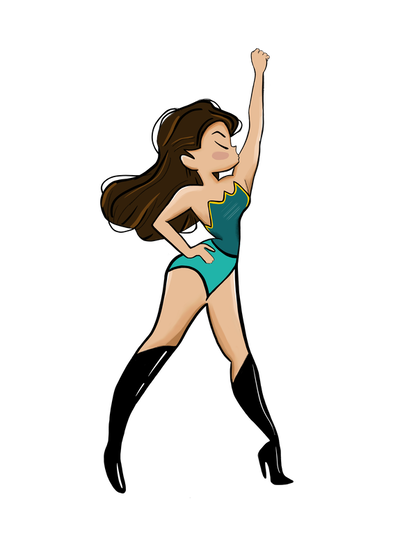 Designed for Pure Beauty by Madison Ryan @alchemy_art_ Designed for Pure Beauty by Madison Ryan @alchemy_art_ If all else fails, I think it’s time to bring out our superwoman pose. That’s right! Stand up nice and tall in front of a mirror, put that sassy hand on your hip, stick out that chest and boobs, roll those shoulders back, slightly turn your chin up and point that nose as though you are doing a “resting bitch face”, raise your loose hand up towards the sky, take a deep breath and I bet you will have difficulty trying not to smile. After all that you will know how powerful and beautiful you are because you have GOT THIS GIRL! Here are some resources you can access if you need further support or this blog has raised: - Lifeline - 13 11 14 or https://www.lifeline.org.au/get-help/online-services/crisis-chat - Beyond Blue - 1300 22 4636 or https://www.beyondblue.org.au/ - Headspace or eheadspace (if under 25) - 5021 2400 or https://headspace.org.au/covid-19/ - Workplace Employment Assistance Program (EAP) as per your workplace. - Telehealth options to talk to a private counsellor via a Mental Health Care Plan. You will need to contact your GP to organise this. - 1800RESPECT- 1800 737 732. - The Orange Door - 1800 290 943. - Mallee Sexual Assault Unit – Mallee Domestic Violence Unit. If you are experiencing thoughts of suicide, please call Mental Health Services at any time on 5022 3500. Stay safe lovely ladies! Much love to you all, Your friendly social worker Xo (or an elbow bump given the situation) 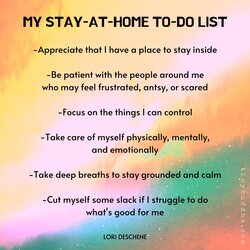
1 Comment
|
WelcomeHere you will find my featured babes, #wearepurebeauty , as well as some tips for your boudoir shoot- from lingerie shopping to hair and makeup Something to add?We are excited to announce we are now accepting blog features. If you have something you would like to add to our blog, click here
Categories
All
Archives
March 2024
AuthorMildura resident and Photographer, Lauren Southwell launched Pure Beauty in late June, 2018 & is committed to helping woman feel beautiful, sexy and empowered through the art of Boudoir Photography. |
Specialising in Intimate Boudoir, Beauty & Personal Branding Portraiture.
Lauren Southwell is a women's empowerment photographer based in Mildura, Victoria.
She offers Boudoir Shoots for women, couples, and groups, as well as Professional Branding Portraits to elevate your social media presence.
Phone: 0427214634
Email: [email protected]
©PURE BEAUTY PHOTOGRAPHY PTY LTD BY LAUREN SOUTHWELL
She offers Boudoir Shoots for women, couples, and groups, as well as Professional Branding Portraits to elevate your social media presence.
Phone: 0427214634
Email: [email protected]
©PURE BEAUTY PHOTOGRAPHY PTY LTD BY LAUREN SOUTHWELL

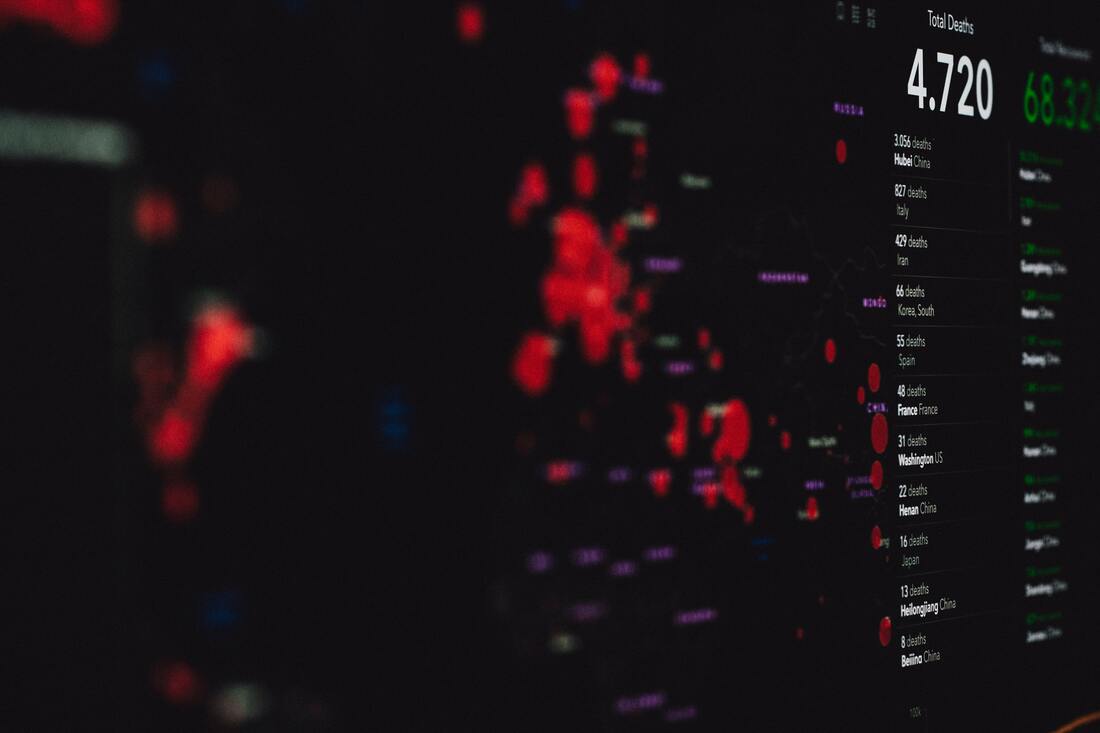
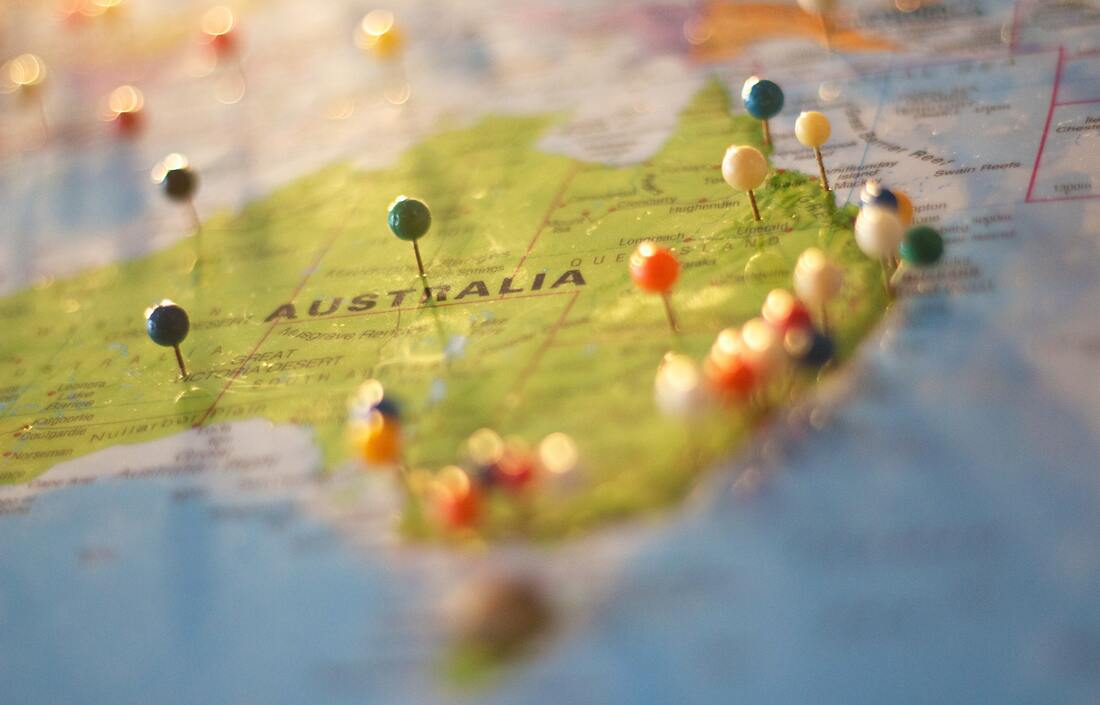


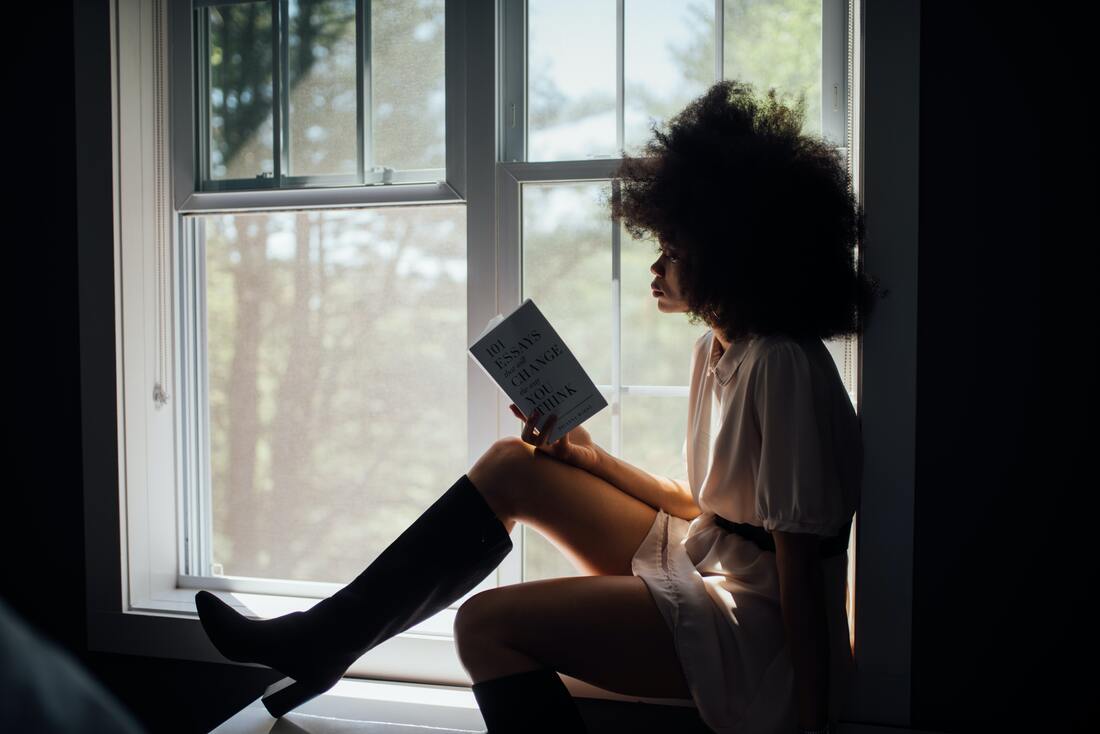
 RSS Feed
RSS Feed